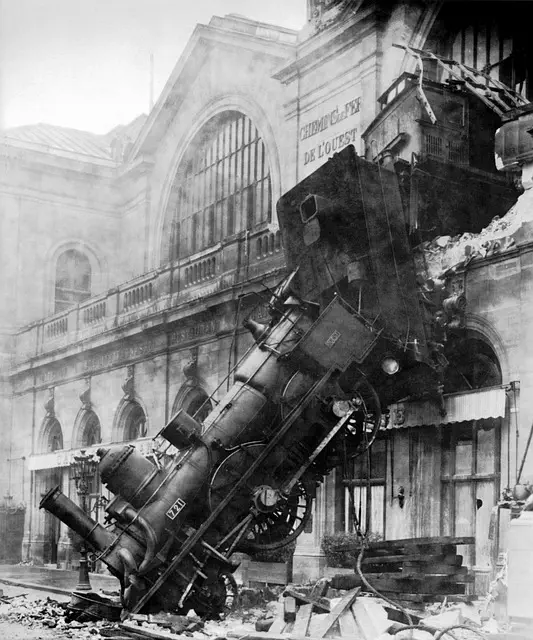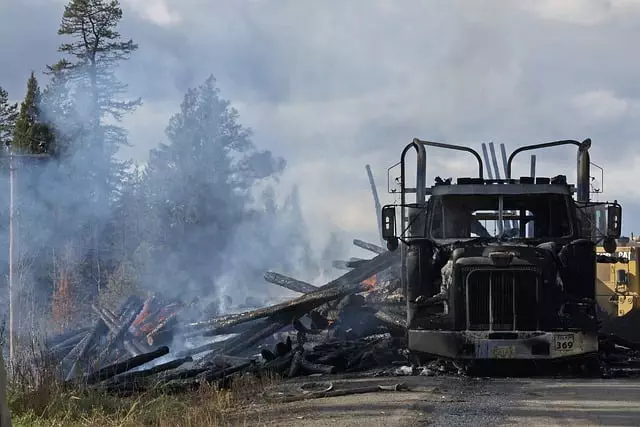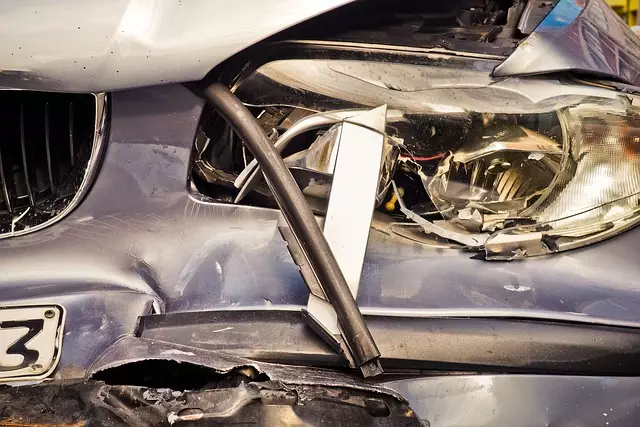In New York, product liability laws protect consumers injured by defective items. A specialized New York truck accident lawyer helps individuals navigate legal complexities and fight for compensation due to faulty products, from household goods to machinery. These lawyers, experts in state laws, investigate incidents, gather evidence of negligence, and negotiate settlements for medical bills, pain, and suffering.
In New York, product liability laws hold manufacturers and distributors accountable for defective products that cause harm. If you’ve been injured by a faulty item, understanding your rights is crucial. This guide explores product defect cases in Queens, delving into the legal framework and the vital role of a skilled New York truck accident lawyer. From defining defective products to navigating the legal process, it provides insights for victims seeking justice.
- Understanding Product Liability Laws in New York
- What Qualifies as a Defective Product?
- The Role of a Queens Truck Accident Lawyer in Product Defect Cases
Understanding Product Liability Laws in New York

In New York, product liability laws hold manufacturers, distributors, and sellers accountable for producing and selling defective products that cause harm to consumers. If you’ve been injured by a faulty item, understanding your rights under these laws is crucial. A New York truck accident lawyer can guide you through this process and fight for the compensation you deserve.
Product liability cases are governed by strict laws designed to protect consumers. These laws allow individuals who have suffered injuries due to defective products to seek legal redress against the responsible parties. This includes scenarios where a product is unreasonably dangerous, lacks proper warnings or instructions, or fails to meet the expected safety standards. A lawyer specializing in such cases will help you navigate complex legal procedures and ensure your rights are protected throughout the process.
What Qualifies as a Defective Product?

A defective product is any item that fails to meet the safety standards and expectations set for it, leading to potential harm or injury to consumers. This can encompass a wide range of products, from household goods to complex machinery. In New York, as in many places, the law holds manufacturers and retailers responsible for selling products that are safe for their intended use.
If you’ve been injured due to a defective product—whether it’s a faulty car part, an unsafe appliance, or a defective medical device—you may be entitled to compensation. A New York truck accident lawyer specializing in defective products can help navigate the legal complexities, understand your rights, and fight for the justice and financial security you deserve.
The Role of a Queens Truck Accident Lawyer in Product Defect Cases

When a product defect leads to an injury, individuals affected have legal rights and options. A Queens truck accident lawyer specializing in defective products plays a crucial role in advocating for victims’ compensation. They guide clients through complex legal processes, ensuring they receive fair and just outcomes.
These lawyers possess extensive knowledge of product liability laws in New York state. They thoroughly investigate the incident, gathering evidence to establish the manufacturer’s or seller’s negligence. By presenting compelling arguments and negotiating with insurance companies, these legal experts strive to secure maximum settlements for clients’ medical expenses, pain and suffering, and other relevant damages resulting from defective products.
If you’ve been injured by a defective product in Queens, New York, understanding your legal rights is crucial. This article has outlined the essential elements of product liability laws in NY, clarifying what constitutes a defective product and highlighting the pivotal role a qualified New York truck accident lawyer plays in navigating these complex cases. Their expertise ensures victims receive fair compensation for their injuries, holding manufacturers accountable for their negligence.
